Securing a mortgage while self-employed may prove a bit more challenging, however you can still qualify for the same loan programs as traditional borrowers. The key for a self-employed borrower successfully obtaining a mortgage is income verification.
The mortgage application process is the same regardless of whether you work for yourself or not. You will need to submit various verification documents to determine your mortgage eligibility, and just as a traditional home loan, lenders are always going to look at three main factors during the underwriting process:
- Ability to repay
- Credit history
- Value of the home
The key difference for a self-employed borrower is income verification. A Lender wants to see a longer track record of earning income – consistent, reliable, and enough to afford a monthly mortgage payment. For those employed by someone else, they typically provide paystubs and W-2’s. For those self-employed, typically you will need to provide at least two years of your entire financial history – tax returns, debts and assets, bank statements and you may also need to provide profit and loss statements.
The challenge for self-employed borrowers is that like most business owners you want to maximize your expenses and deductions with each tax return – which leaves you with a lower taxable income. What’s benefiting you at tax time may not work in your favor when applying for a mortgage. It’s a fine line, and our recommendation is to consult with your accountant. Let them know your plans to apply for a mortgage and discuss a strategy that will work for you and your situation.
The Tuttle Group Can Help
The loan specialists at The Tuttle Group are dedicated to helping you understand your mortgage eligibility and the steps necessary to achieving your new home purchase regardless of where you are in the buying process. Contact us today to learn more about what The Tuttle Group can do for you and your new home purchase.



